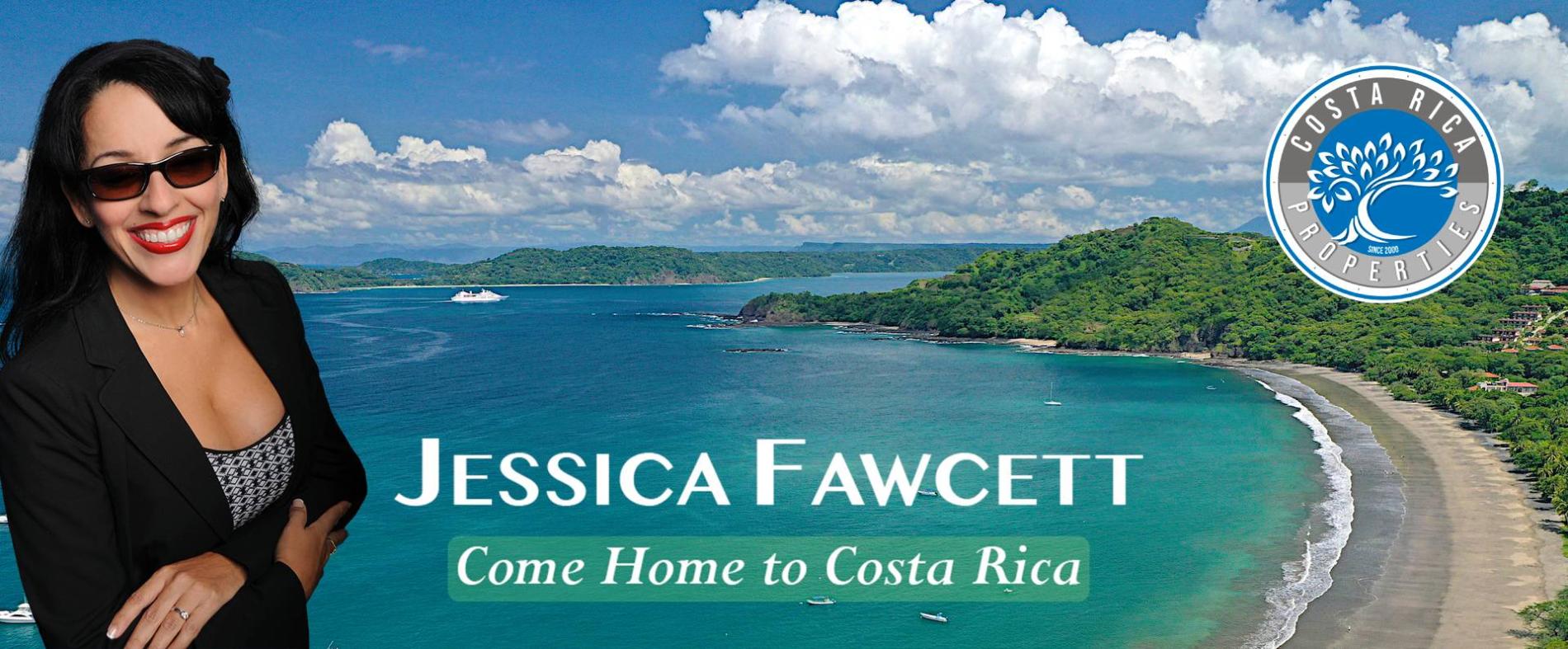1. Can foreigners’ own property in Costa Rica?
Yes, foreigners can own property in Costa Rica. There are some restrictions near borders and coastlines, but legal structures can be established to facilitate ownership.
2. What is the process for purchasing real estate in Costa Rica?
The process involves due diligence, legal procedures, and working with a notary public. It's crucial to understand property rights, titles, and potential restrictions.
3. What are the property taxes and associated costs for real estate in Costa Rica?
Property taxes vary, and additional costs may include closing fees, notary fees, and legal fees. Understanding the complete cost structure is essential for prospective buyers.
4. Are there financing options for real estate purchases in Costa Rica?
Some limited financing may be available to foreigners which is usually provided by the Seller of the property or a private lender. Bank financing is difficult but not impossible for foreign buyers.
5. What are the popular regions for real estate investment in Costa Rica?
Popular regions include Guanacaste, the Central Valley, and the Pacific and Caribbean coasts. The choice depends on personal preferences, climate, and investment goals.
6. How is the real estate market in Costa Rica performing?
The market varies by region, but Costa Rica has seen overall growth in real estate. Researching market trends, property appreciation rates, and potential areas of development is advisable.
7. What types of property are available, and are there restrictions on construction?
Properties range from beachfront homes to mountain retreats. Understanding zoning laws and building regulations is crucial, as restrictions may vary.
8. How is the infrastructure and accessibility around real estate properties in Costa Rica?
Accessibility can vary, especially in more remote areas. Assessing infrastructure, road conditions, and proximity to amenities is important for a comprehensive evaluation.
9. What legal considerations should I be aware of when investing in Costa Rican real estate?
Understanding property rights, legal structures, and potential issues related to titles and ownership is critical. Consulting with a local attorney familiar with real estate law is recommended.
10. What are the residency options for property owners in Costa Rica?
Property ownership can be linked to residency options, such as the Pensionado or Rentista programs. Exploring these options can provide additional benefits for those looking to live in Costa Rica.
